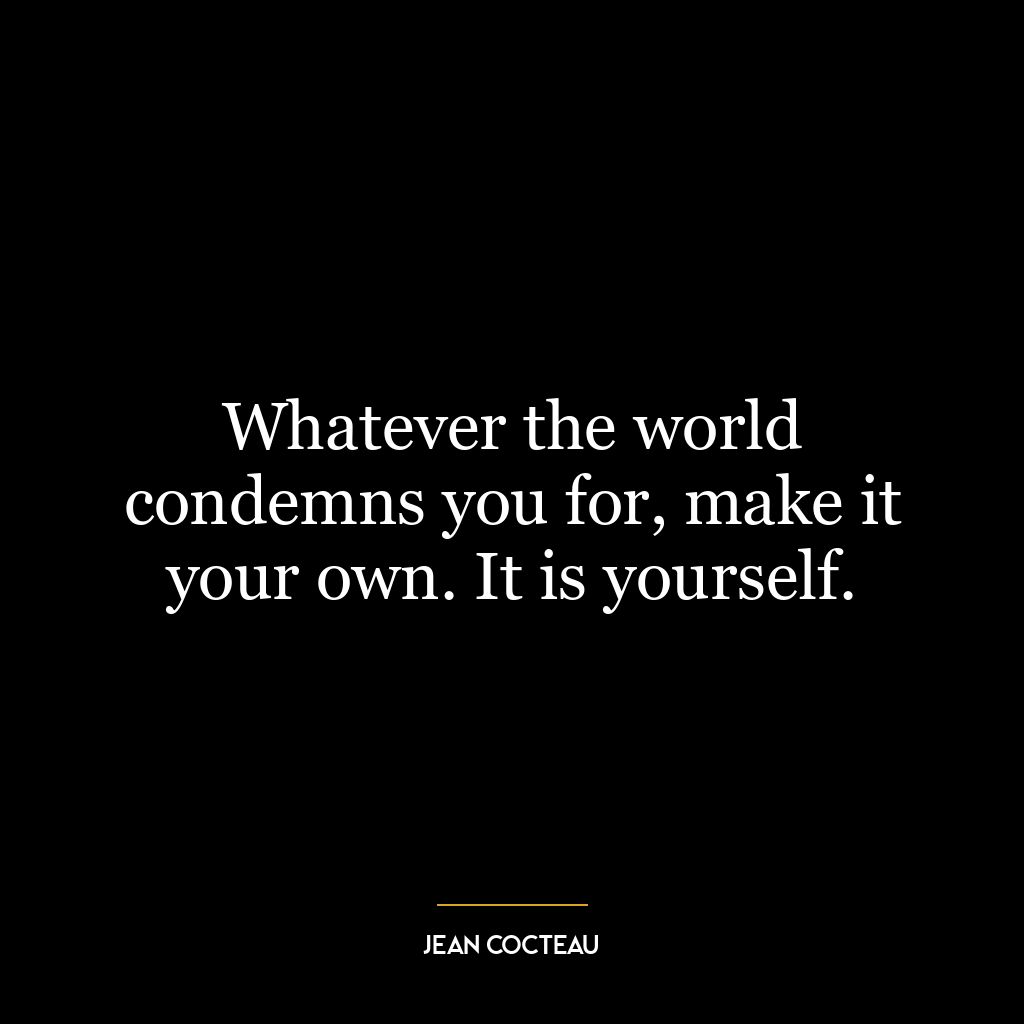We make the future sustainable when we invest in the poor, not when we insist on their suffering.
This quote encapsulates the idea that the sustainability of our future is contingent on the investments we make towards alleviating poverty, rather than perpetuating the suffering of the impoverished. It emphasizes the value of empowering the poor through resources, opportunities, and support, as opposed to maintaining systems and attitudes that further their struggles.
The quote suggests that insisting on the suffering of the poor, perhaps through neglect or harmful policies, is not only morally wrong but also detrimental to our collective future. It implies that a sustainable future cannot be built on the foundation of inequality and suffering. Instead, it requires a more equitable distribution of resources and opportunities, where everyone, including the poor, can contribute to and benefit from societal progress.
This idea can be applied in today’s world in several ways. At the policy level, it might involve investing in education, healthcare, and social safety nets that lift people out of poverty. It could also mean implementing economic policies that promote fair wages and job opportunities for everyone, regardless of their background or circumstances.
In the business world, it could translate into corporate social responsibility initiatives that prioritize fair trade, ethical sourcing, and inclusive hiring practices. Companies could invest in communities by providing jobs, training, and other opportunities that help people escape the cycle of poverty.
On a personal level, this idea might encourage us to rethink our attitudes towards poverty and wealth. It might inspire us to be more compassionate, generous, and proactive in helping those in need. We might choose to donate, volunteer, or advocate for policies that reduce poverty and inequality. We might also strive to be more conscious consumers, supporting businesses that treat their workers fairly and contribute positively to their communities.
In short, this quote suggests that investing in the poor isn’t just the right thing to do – it’s also the smart thing to do. It’s a strategy for building a more sustainable, prosperous, and equitable future for all.









